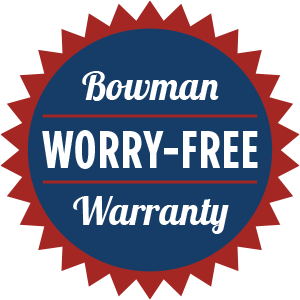Frequently Asked Questions About Pest Control
Get your FREE estimate today!
244-0296
Get your FREE estimate today!
244-0296
Common Questions About Termites — An Overview
Get comprehensive information on termite removal and management with one call to us today. We’ll make sure that your home or business gets the proper treatment and that you have the information you need to get the proper treatment necessary.
Read the common questions below to get more information on termite management.
How Destructive are Termites?
Nationwide, termites cause over a billion dollars in damage annually, more than all tornadoes, hurricanes, and windstorms combined. Because they nibble away slowly from the inside, the damage can be very extensive before it’s noticed. It’s not unusual for a termite to feast on a building throughout a lifespan of 15 years, and the queen can live and produce eggs for up to 50 years. Undetected and untreated, termites can severely damage and, in time, destroy a home.
Don’t Termites Attack Only Old, Run-Down Buildings?
Termites have been found in buildings as early as four days after construction. Every building fabricated wholly or partly of wood is susceptible. Chemical or mechanical barriers can be established in the construction stage, however, to prevent or discourage termite infestations in new homes.
Are There Different Kinds of Termites?
Entomologists have identified over 2000 species, 55 of which exist in the United States. But there are only two kinds that homeowners have to worry about: subterranean termites and drywood termites.
What’s the Difference?
They’re basically very similar. All termites subsist on cellulose, which they get from wood. And all termites are social insects with a highly organized caste system, much like ants. But subterranean termites, as the name indicates, usually live outside the house in underground nests. They use the moisture in the earth to survive. Since they also need cellulose, they often tunnel into nearby homes to get it. Drywood termites, on the other hand, need no contact with the earth. They live right inside the homes that they devour.
Where are Termites Found in the US?
Subterranean termites inhabit the entire 48 states and Hawaii, but are most common in the southern two-thirds of the U.S. Drywood termites are not as widespread as subterranean termites. They’re mainly a problem in the South.
How Can I Tell if I Have a Termite Problem?
Subterranean termites are often detected during swarming, usually in the spring, when some fly from their nests to start new colonies. Other signs are shelter tubes primarily composed of mud on the surface of walls, joists, piers, chimneys, plumbing and other fixtures. Weak or broken structural members, blistered wood and soil in cracks can also be evidence of subterranean termites. Drywood termites sometimes give themselves away by creating surface blisters on wood and leaving wings or piles of waste that look like sawdust on windowsills and floors.
If None of These Signs are Present, Does That Mean my Home is Free of Termites?
Not necessarily. Termites work from the inside out and are very often hard to detect. Drywood termites are especially hard to detect because they have no link to the outside and spend their entire lives indoors-in walls, in roofs, etc. The only way you can be sure you’re not sharing your home with termites is to have it inspected by a professional Pest Control Operator (PCO).
What Does an Inspection Involve?
Because a pest control operator has a trained eye and knows what to look for, his examination will be brief but thorough. He/She will identify evidence of any previous treatments of infestations, any wood-destroying organisms present and the damage they have caused, and any structural conditions that may make your home especially vulnerable to attack.
What Will an Inspection Cost?
The cost of an inspection varies. However, the fee is usually small. You should keep in mind that even if the results of an inspection are negative, if termites are not present, your money was not wasted. You have purchased peace of mind.
If My Home Has Drywood Termites, How Can I Get Rid of Them?
The most efficient way of getting rid of drywood termites is with tent fumigation.
Contact Us
Bowman Termite & Pest Management is a family owned and operated business. The owners, Bruce and Evelyn Bowman, have over 40 years of experience in the pest control and termite removal industry. Contact us for superior quality pest control services.
Contact Us
Bowman Termite & Pest Management is a family owned and operated business. The owners, Bruce and Evelyn Bowman, have over 40 years of experience in the pest control and termite removal industry. Contact us for superior quality pest control services.

